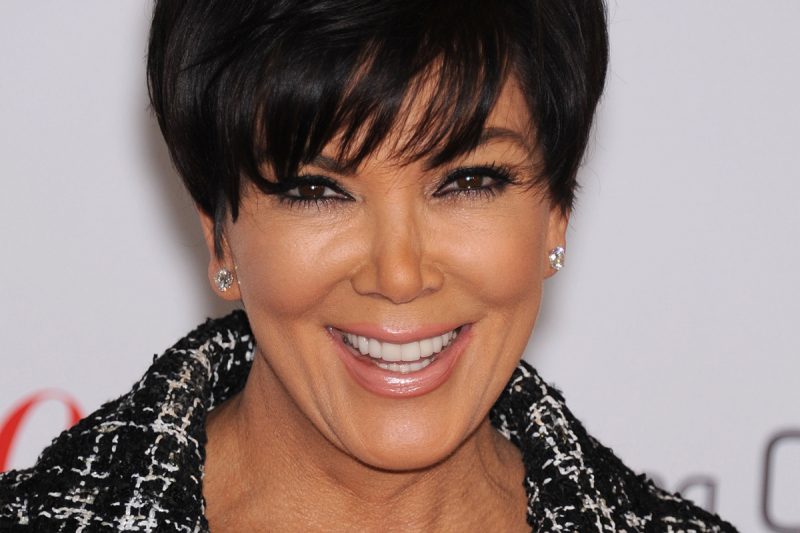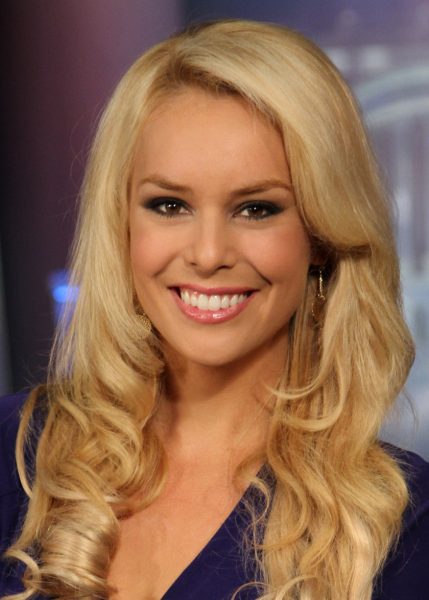
Online reputation management enables you to take more ownership over what appears about you on the Internet. Without it, the world controls how you look online.
Here are ten examples of the ways online reputation management is used by individuals, companies and organizations.
- To ensure up-to-date and accurate information dominates search results for an organization or individual’s name.
- To ensure that factual, credible reference material is readily available online. That reduces the chance that fraudulent information will impact a brand.
- To remove unwanted or inappropriate information, photographs or other content from the first few pages of Google search results. Home addresses, ages and other personal information found high on Google searches are especially sought after by online databases which scour the internet for personal information. These databases (“people searches”) then publish such content online without consent from the individual or organization. Once it is posted it stays.
- To monitor social media and online forums for red flags signaling potential on- and offline threats against high-profile individuals and their organizations.
- To create a strong online presence about a topic. That presence acts as a barrier against potential distortions from third-party content, including anonymous and defamatory material. Without it, such items can go straight to the top of searches – and stay.
- To ensure that your story is told by you and not by former partners or other potentially biased parties.
- To establish a reputation within your area of expertise on multiple online platforms.
- To create an online legacy for a VIP who is preparing for retirement or to exit an organization.
- To educate individuals and organizations about basic safeguards to help protect the reputation they have worked hard to establish.
For more information about this practice, read The Essentials: Online Reputation Management FAQ.







